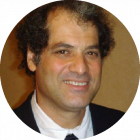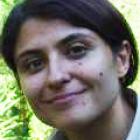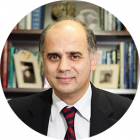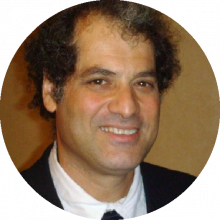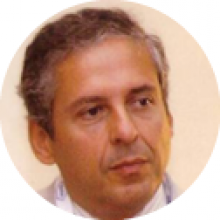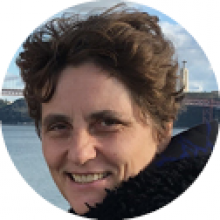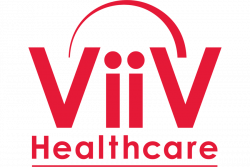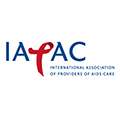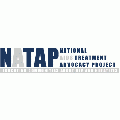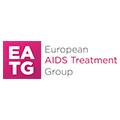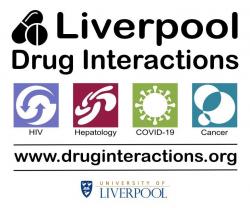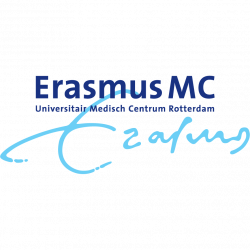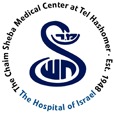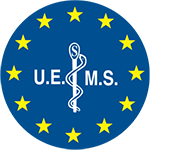Health & Safety Measures regarding COVID-19
Ensuring the health and safety of our attendees, suppliers, and staff is our absolute number one priority. In order to provide a safe conference environment, all hybrid and live events organized by Virology Education will follow the national health and safety measures of the country where the meeting is being held in. We kindly ask that all attendees carefully abide by these measures to assist us in ensuring a safe environment for all.
National Health & Safety Measures
The health and safety measures that will be taken by Virology Education during the European Meeting on HIV & Hepatitis are listed on the government website of France. In addition, you can find relevant hygiene protocols on the venue website. Please read them very carefully before travelling to the conference venue.
Our staff will be available onsite to address any questions or concerns that you might have. If you have any questions in advance, please contact the Conference Secretariat at paula.janiak@amededu.com.
Travelling to France
Virology Education strongly advises participants to check the government website of France for the latest and most accurate information about the rules regarding travel.
Please be aware of measures such as testing requirements, vaccination requirements, whether your country of origin is mentioned on the Red List, etc.
What if I get ill during the event?
Should an attendee become ill or exhibit COVID-19 symptoms at any time during the event, the attendee will safely withdraw from the event venue and immediately notify the event organizer with details of other attendees which have been in close contact at the event. By registering for the event, the attendee declares, acknowledges, and accepts that they will comply with all local government requirements should they become ill or exhibit COVID-19 symptoms during the event.
Liability Waiver
Virology Education cannot guarantee that its participants, volunteers, partners, or others in attendance will not become infected with COVID-19.
To the maximum extent permitted by law, Virology Education accepts no liability for any illness, COVID-19 related or otherwise, that may subsequently be contracted after or during the event.
All participants acknowledge and agree that they are attending the event at their own risk.






